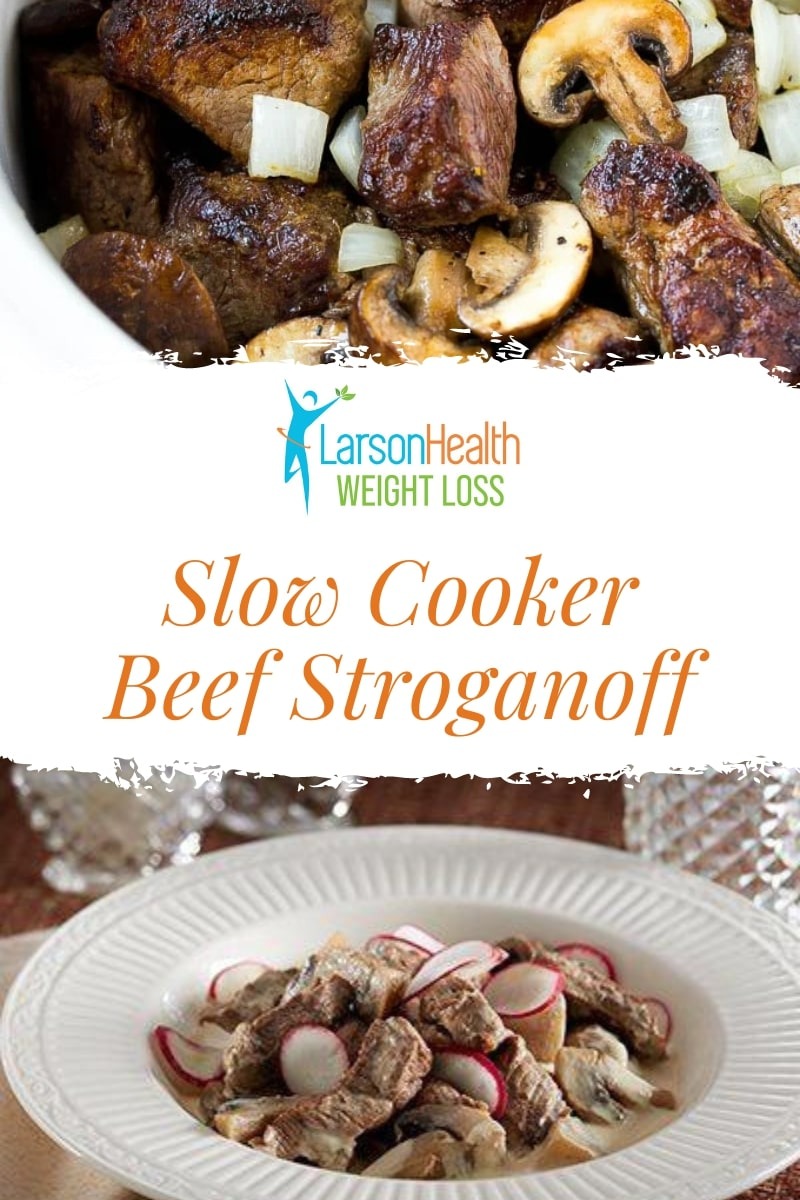
Makes 4 servings
Ingredients:
• 1¾ lbs. boneless beef chuck, cut into strips• ½ cup reduced-sodium beef stock, divided
• 5 cups button mushrooms, cut into quarters
• ¼ cup low-fat cream cheese
• 1 cup red radishes, sliced thin
• ¾ tsp salt
• 1 tbsp yellow mustard
Directions:
1. Season beef with a ¼ teaspoon salt.
2. Sear the beef over high heat in a dry nonstick skillet until well-browned.
3. Add a ¼ cup of beef stock and bring to a boil. Once boiling, transfer beef and any remaining liquid to a slow cooker.
4. Cook on high for 1½ hours.
5. Using the same skillet, cook the mushrooms in a ¼ cup beef stock until mushrooms are tender and all liquid has evaporated.
6. After beef has cooked, stir in the mushrooms, cream cheese, and mustard. Allow to sit in the slow cooker, covered, for about 10 minutes to heat through.
7. Divide beef and mushrooms into 4 equal-sized portions and garnish each with a ¼ cup sliced red radishes.
 Add Row
Add Row  Add
Add 










Write A Comment